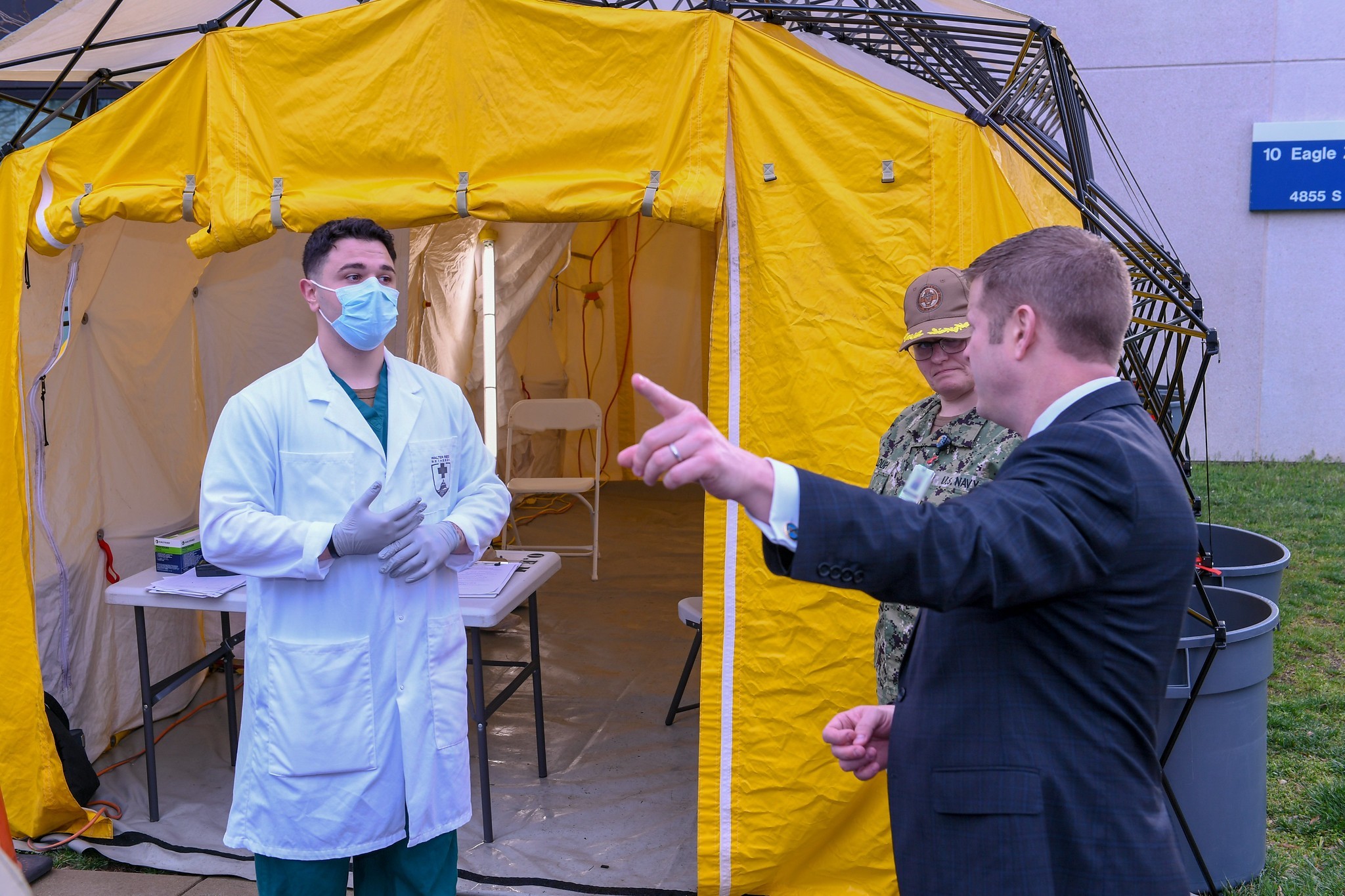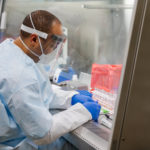We now know that testing is essential to our ability to limit the scale and impact of the Covid-19 outbreak. No government that seeks to minimise loss of life can ignore the importance of diagnosis.
The UK Government’s announcement that they will scale up testing to 25,000 tests a day is a rapid U-turn on their previous position that testing of mild cases was not necessary as we moved from ‘containment’ to ‘delay’.
The policy change followed a flood of criticism from the global public health community, including renowned epidemiologists and the Director-General of the World Health Organisation (WHO). The reversal also feeds suspicions that the decision to reduce testing was driven less by science than by resource limitations and a lack of laboratory preparedness.
Why is testing so important? The conversation so far has focused on the public health benefits of diagnosis. These include containment. Testing of suspected cases informs doctors and authorities who should be isolated, whose contacts need tracing, and when it is safe to release patients back into the community. Its main purpose it to break chains of transmission in the community.
But containment only works if all suspected cases are tested and the scale of the Covid-19 outbreak is pushing our existing laboratory infrastructure to the limit.
Large-scale diagnostic data-sets help epidemiologists know where and how fast the virus is spreading, enable forecast modelling and assist authorities with the distribution of limited resources.
The Government’s current surveillance system involves testing a random sample of patients from different geographic areas. But experts have argued that this approach is flawed and comprehensive surveillance involving real-time data collection of all individual cases is essential for a fully informed, targeted and effective response.
Covid-19 is a novel pathogen with no established scientific evidence base. Testing is an essential research tool in the race to understand the virus and answer fundamental questions like:
How did animal-human transmission occur?
Why is Covid-19 more contagious than previous coronavirus strains?
What is its case fatality rate?
How has the virus mutated over the course of the outbreak?
Infected, but no symptoms
The race to develop an accurate point-of-care antibody test that can detect who has been exposed to the disease will help scientists understand the numbers of infected people who do not experience symptoms.
Public debate about Covid-19 testing has so far been dominated by epidemiology and public health. This is at the expense of discussion on the social value of testing.
We have been told that testing will do little to change individual clinical outcomes. But in the US people are queuing for over three hours at drive-thru testing centres.
In the UK, private firms are selling thousands of unapproved testing kits to the public at £295 each. People understandably want to protect their loved ones. NHS staff are demanding testing so they can protect patients while they work and continue to work if they are not infected.
But what else is driving the public demand for testing? Medical anthropologists have long observed that people desire a diagnosis for multiple reasons, and that these are not always about medical care.
A diagnostic label gives people a sense that their suffering has been recognised as valid, gives reassurance that they are being looked after, provides the basis for legal rights in some circumstances, and can be the basis for new social identities and solidarities.
In a context of deep uncertainty and public anxiety, access to diagnostic testing gives people a wider sense of control and the confidence that authorities have the situation in hand.
Public trust at a time of crisis
Diagnosis also gives patients the confidence to follow through on the advice they are given. Expecting whole households to self-isolate for 14 days without a diagnostic test is a big ask. In cases where symptoms are mild, doubts are bound to creep in. Uncertainty depletes resolve.
The challenge the Government faces is that, even when it is available, diagnostic testing rarely meets people’s expectations for certainty. We have seen this most starkly in the scandal over test quality in the US, but even the best available tests have limitations to their accuracy.
Research by my team on the social role of diagnostic tests in under-resourced health systems has shown that when testing is not properly supported by wider systems, it can increase uncertainty and deplete trust in health care.
In some places, people link failure of diagnosis to state failure, with potentially profound implications for people’s trust in government at a time of crisis.
The Government needs to invest immediately and heavily in laboratory systems. This means investing in the development of new diagnostic tools but just as important are investments in the people, laboratory infrastructure, transportation systems and waste management systems that deploying those tests will depend on. They need to start viewing testing infrastructure as a source of public reassurance and not just a public health tool.
The tsunami of criticism from public health experts has now pushed testing to the top of the Government agenda. But it is also important to understand why demand for testing among the UK public is so high.
As public discourse descends into panic, the Government continues to ignore the social value of diagnostic testing to its peril.
First published in The Scotsman on 31st March 2020
Dr Alice Street, of the School of Social and Political Science at University of Edinburgh is an expert in diagnostic devices in global health.










Comments by astreet